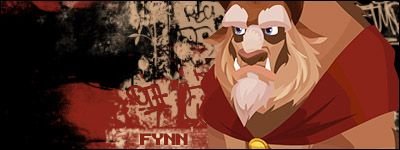While their were FFs that really experimented with gameplay and story before VI, I always felt like VI was the really experimental game that actually held up. Despite it's flaws it has a better reputation than say FFII, VIII, XII, and XIII in terms or trying to shake up the formula or experiment with new ways of doing things and actually found some success. So would you so VI is the most successful experimental FF?





 Reply With Quote
Reply With Quote









